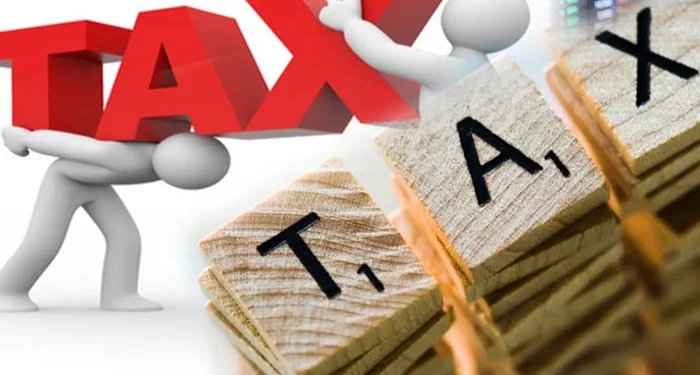- Advertisement -
Two of Ghana’s most controversial levies—the Covid-19 levy and the Electronic Transfer Levy (E-Levy)—contribute less than 3% of the country’s total domestic revenue, for all the widespread public discontent they have generated. Some economists argue that their removal may not significantly dent the national budget, although others caution against scrapping them due to potential revenue losses.
According to the 2024 budget review, the combined budget estimate for the two levies is GH¢5.27 billion for the entire year, with a half-year provisional figure of GH¢1.9 billion. These represent just 3% of the total domestic revenue budget estimate and 2.55% of the half-year provisional domestic revenue. While the absolute contribution may appear substantial, experts suggest the impact of removing the levies might be smaller than anticipated.
- Advertisement -
During the 2024 election campaign, both the National Democratic Congress (NDC) and New Patriotic Party (NPP) candidates promised to scrap these levies if elected. However, recent reports indicate that President John Mahama, who won the election, is considering rationalizing the taxes rather than removing them outright. He cited agreements with the International Monetary Fund (IMF) as a constraint, preventing the immediate scrapping of the levies.
- Advertisement -

Fitch Solutions and several economists have warned against removing the Covid and E-Levies, arguing that doing so would negatively impact Ghana’s revenue generation. Nonetheless, some experts believe their removal could encourage tax compliance by reducing the tax burden on Ghanaians, potentially leading to a more efficient collection of other taxes.
- Advertisement -
The estimated tax refunds in the 2024 budget, projected to cost the country GH¢10 billion, nearly double the expected revenue from the Covid and E-Levies. Despite opposition from the NDC to a series of tax waivers under the One District, One Factory (1D1F) program, provisional figures for tax refunds in the first half of 2024 reached GH¢3.3 billion—73.6% higher than the revenue collected from both levies in the same period.
Some analysts argue that scrapping the levies may reduce tax evasion and avoidance. They point to a recent 1% increase in VAT revenue following adjustments in the calculation method, suggesting that “nuisance” taxes can lead to lower revenue collection due to non-compliance. These experts believe that a more targeted approach to expanding the tax net and exploring innovative revenue-generating mechanisms could make up for the lost revenue without undermining the government’s credibility.
Though the projected GH¢5.2 billion from the Covid and E-Levies may seem significant, it amounts to approximately $350 million, a figure that experts believe could be easily replaced through improved tax administration and other revenue measures. Ultimately, the debate continues, with the government weighing the trade-offs between revenue generation and public discontent over the taxes.
Source: thehighstreetjournal.com
- Advertisement -


